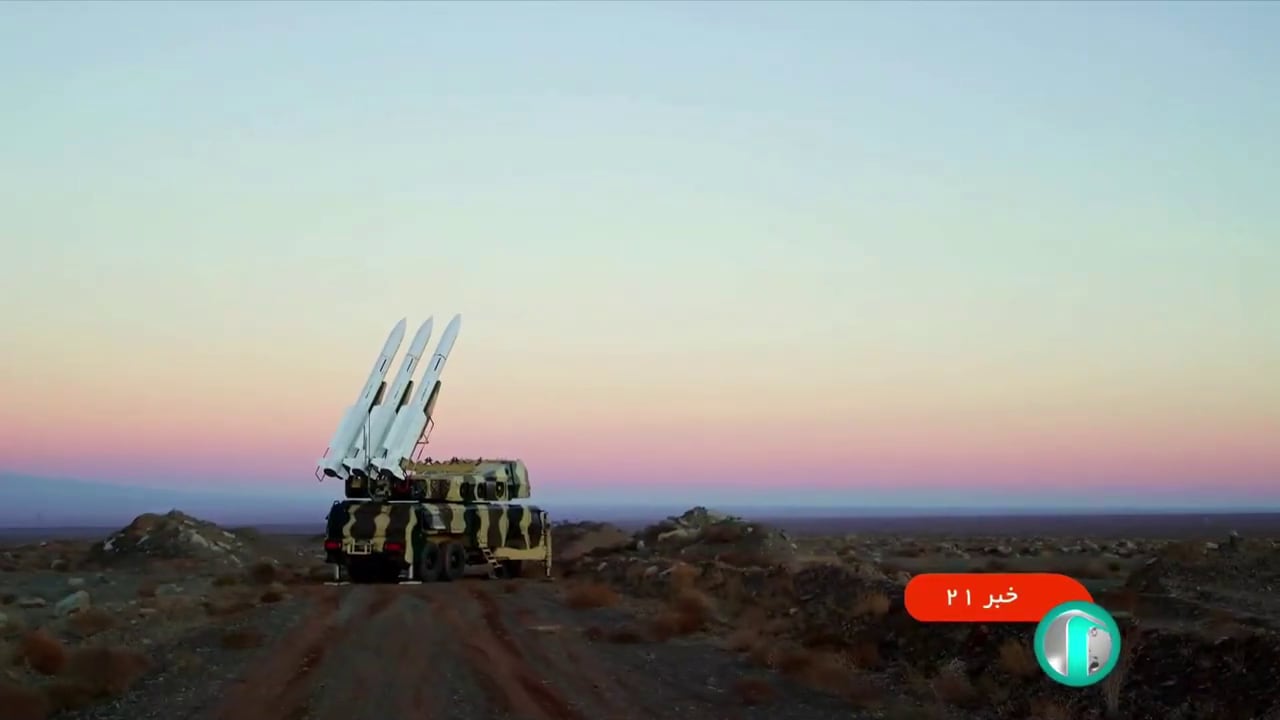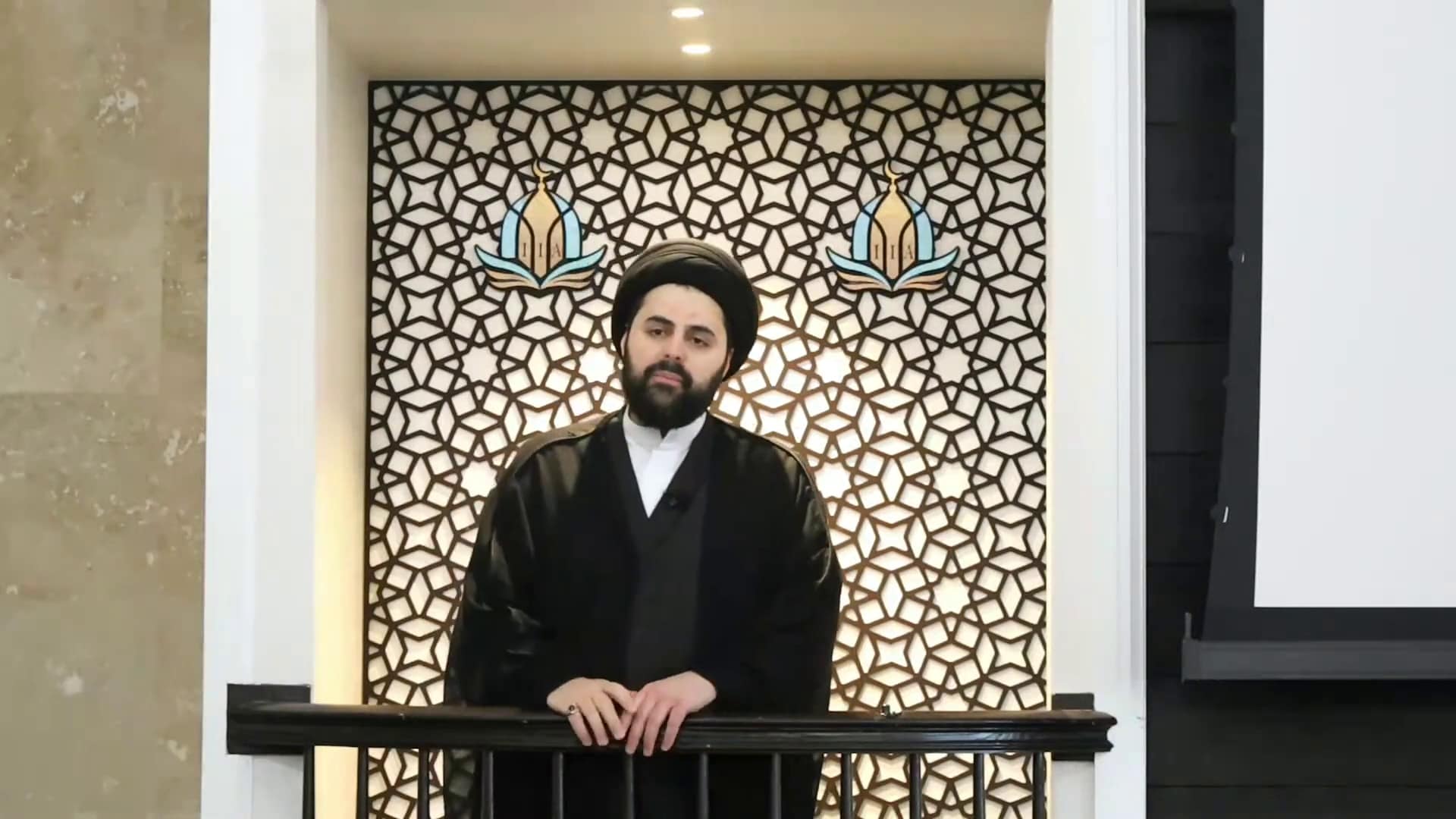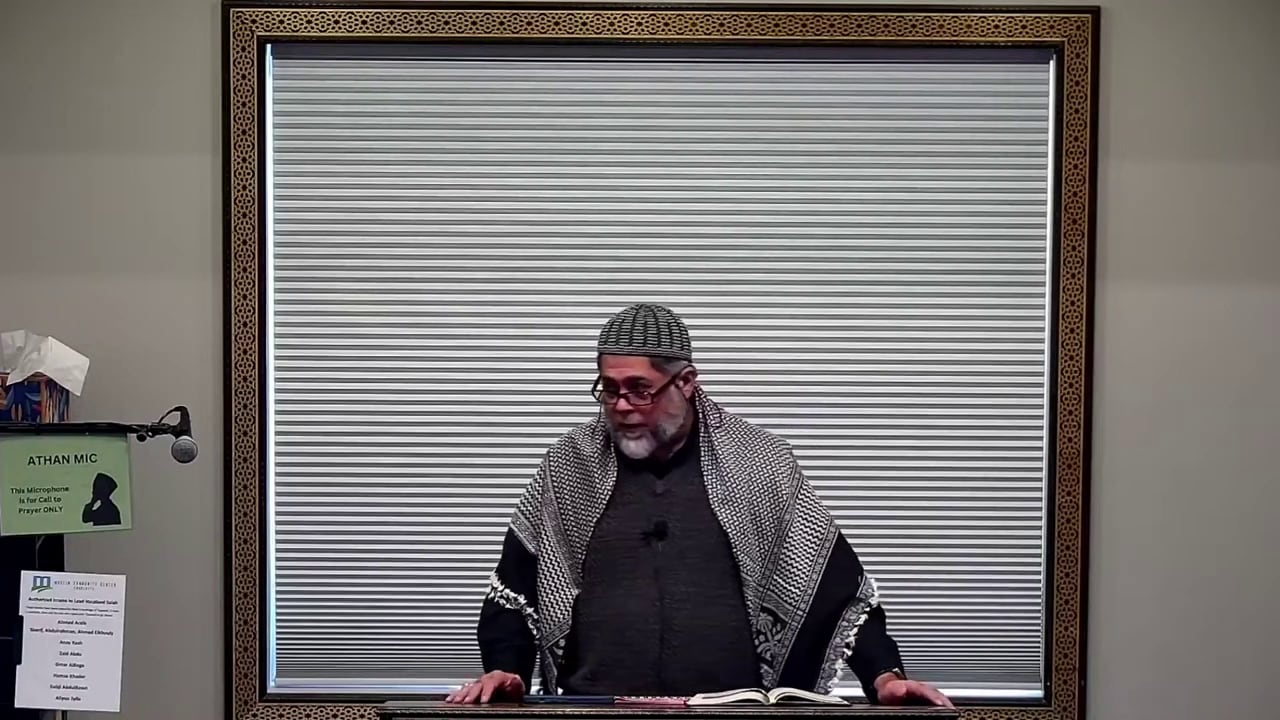
In a recent TV interview, Behrouz Kamalvandi, spokesman for the Atomic Energy Organization of Iran, said that Iran had “got more than it gave” in the Joint Plan of Action, signed in November by Iran and the 5+1, and that Iran’s nuclear commitments were “temporary and non-obligatory.” “The commitments made by Iran can be retracted,” he stressed.
Following are excerpts from the interview, which aired on IRIB1 TV on February 21, 2014:
Behrouz Kamalvandi: [The West] is trying to achieve, through sanctions and negotiations, what it could not achieve by means of threats. This is obviously impossible.
[…]
Regardless of what some Western countries think, time is not on their side. They think that since the sanctions are still in place, time is on their side. Undoubtedly, time has been, and will continue to be, in Iran's favor. They sought to use time to accomplish their goal of curbing our nuclear program. Since they could not dismantle it, they sought, at the very least, to curb it. This never happened.
From 160 centrifuges, or maybe even less, we have now reached 19,000 centrifuges. This is in terms of quantity. The leap was much greater in terms of quality. The West knows this full well. This does not appear in the media.
Economically, these sanctions were hollow. Some people thought that these sanctions would be paralyzing. These sanctions may have been annoying, but certainly not paralyzing.
[…]
The commitments made by Iran can be retracted. These were voluntary commitments.
[…]
In the Joint Plan of Action, Iran got more than it gave. This has been the case so far. The main reason for this is that the other side has de facto accepted that Iran can continue its enrichment, even though the purpose of all the U.N. Security Council resolutions and sanctions was to get Iran to freeze its uranium enrichment. This is our most important achievement.
Secondly, Iran's commitments are temporary and non-obligatory.
[…]













